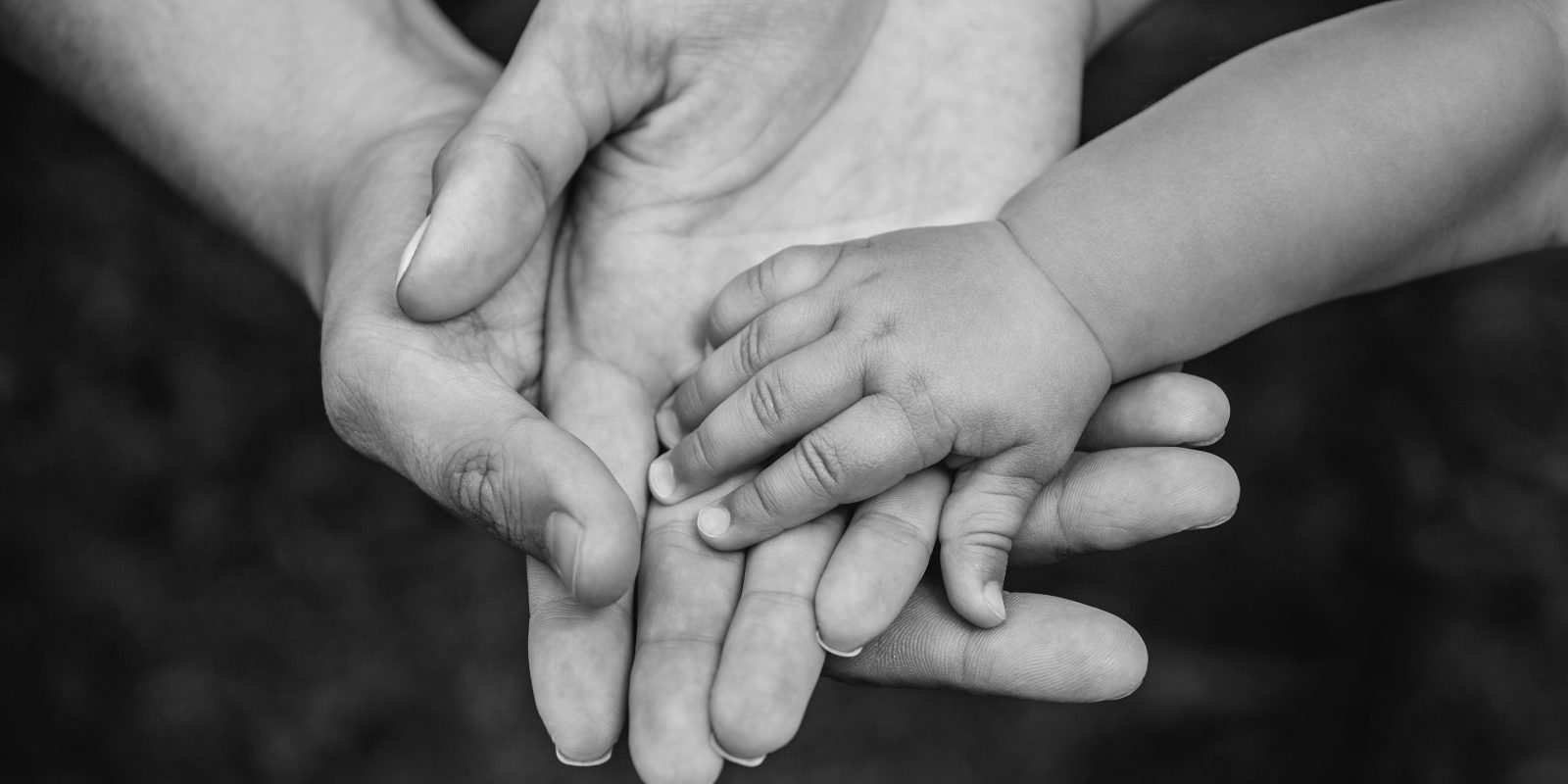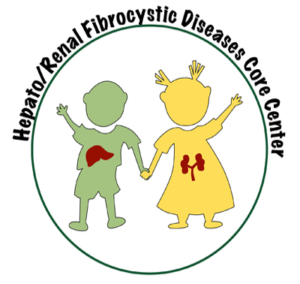
Parents of children with PKD
PKD affects children as well as adults. Cystic kidney disease in children devastates families, and dramatically affects quality of life for children who have it. For those who have lost a child, their lives are changed forever.
ARPKD
Autosomal recessive polycystic kidney disease, ARPKD, is a rare genetic disorder occurring in approximately 1 in 25,000 children and can cause death in the first month of life. If a child with ARPKD survives the newborn period, the chances of survival are good. For these children, approximately one-third will need dialysis or transplantation by the age of 10.
ADPKD and children
Autosomal dominant polycystic kidney disease, ADPKD, can be diagnosed at a very young age or even before birth. Diagnostic tests performed during pregnancy should be done in conjunction with medical counseling so the test results can be completely understood. For example, knowing your baby could have (or does have) an ADPKD gene does not determine the course or severity of the disease.
There are two different groups of children with ADPKD – those diagnosed before birth or in their first year of life with large cystic kidneys and those who are diagnosed after their first year.
Children who are diagnosed in the first year of life have some
special characteristics:
- One parent may have severe ADPKD.
- Some of these severely affected infants may have a related syndrome which causes a genetic disease called tuberous sclerosis complex which can also cause kidney cysts. Many will not have a family history of having ADPKD or tuberous sclerosis complex.
- Most are diagnosed in-utero with large kidneys cysts.
- Most develop high blood pressure (hypertension) in childhood which should be monitored and treated by a doctor/pediatric nephrologist.
- Some patients could develop end stage renal disease (ESRD) by their teenage years.
Children who are diagnosed after one year of age:
- Usually, one of the parents is known to be affected with typical ADPKD.
- Often have kidney cysts without kidney enlargement.
- These cases most likely represent incidental findings due to widespread use of ultrasounds and improved resolution of the scans to detect smaller sized cysts.
Almost all children who are diagnosed after the first year of life will have perfectly normal kidney function throughout childhood.
The PKD Foundation does not offer medical advice. The information shared on this website is not intended to be a substitute for professional medical advice, diagnosis, or treatment. We strongly recommend that your care and treatment decisions be made in consultation with your healthcare professional team.
How we’re fighting PKD in children
Since 2006, nearly $2 million has been invested for ARPKD-related research, support, and education. These investments also benefit children with ADPKD and congenital hepatic fibrosis (CHF), a disease closely associated with ARPKD.
Additional Resources
ARPKD Patient Database
Download a flyer for more information and to learn how to participate.
Additional Resources
- Dialysis 101
- Managing nutrition as dietary needs change from pre-dialysis to post transplant








